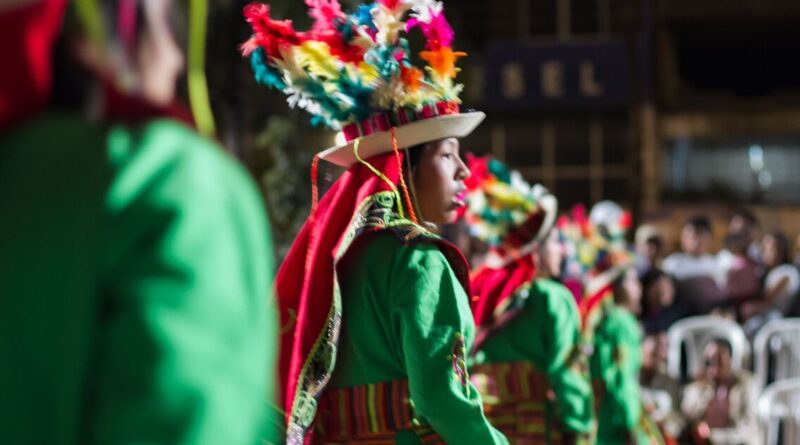Country finally brings in law banning children as young as 12 marrying men 3 times older | World | News
One of South America’s largest countries, Bolivia, has finally banned child marriage after its parliament approved an amendment to raise the minimum legal age for marriage to 18, with no exceptions. Previously, Bolivian law allowed individuals aged 16 and 17 to marry with parental or guardian consent. But thanks to this overhaul, the loophole has been closed, ensuring that marriage is reserved for consenting adults only.
Girls across the country had teamed up with Save the Children and other local non-governmental organisations in a four-campaign to criminalise the practice. The bill, which amends Bolivia’s 2014 Family and Family Procedure Code, now means that officials who register marriages involving minors can face up to four years in jail. According to official data from Bolivia’s national civil registry system (SIRECI), about 3% of girls are forced to marry before the age of 15, while 22% – over one in five – are forced into unions before the age of 18. Between 2014 and 2023, there were over 4,800 marriages registered in Bolivia involving adolescents aged 16 and 17 – many with partners two or three times their age.
Even more horrifyingly, there have been cases documented in Bolivia of girls as young as 12 being forced to marry.
Despite a decline in child marriage, the practice remains widespread, with about one in five girls married in childhood across the globe, according to the UN. This is in spite of a commitment by countries under the United Nations Sustainable Development Goals to end child marriage by 2030.
Each year, 12 million girls are married before the age of 18 – 23 girls every minute, or nearly one every two seconds, according to Girls Not Brides.
However, while laws like this are important, Girls Not Brides has argued that they are not enough on their own: “To ensure girls and women can be socially, economically, and politically independent – making informed choices about marriage, their bodies, education, and work – the laws must also be accompanied by investment in gender-transformative services and policies to address the root causes of child marriage, and ensuring laws truly protect and support girls at risk”.
Marianela Montes de Oca, Save the Children Bolivia Country Director, said: “This is a historic moment and an extraordinary achievement for children across Bolivia who along with IPAS Bolivia, Coordinadora de la Mujer, Comunidad de Derechos Humanos and civil society have campaigned for their rights.
“The approval of this law marks a new reality for over 4 million children across Bolivia – half of whom are girls – and represents a fundamental victory in the fight for the rights of children and adolescents.
“But our work does not stop with this legislation. Government officials, civil society, communities and families must now work together to ensure that the text of the law becomes the lived reality of every child in Bolivia by ensuring that the law is adhered to and that the underlying causes of child, early, and forced marriages and unions are tackled.”
According to Girls Not Brides’ marriage atlas, Niger in Africa has the highest number of child marriages, with 28% married by 15 and 76% by 18. Here, there is no minimum legal age of marriage, with all exceptions taken into account. The neighbouring countries of Chad and Mali also have very high rates, with 24% and 16% of 15-year-olds married, respectively. Meanwhile, in Bangladesh, 16% are married by 16 and 51% by 18.





